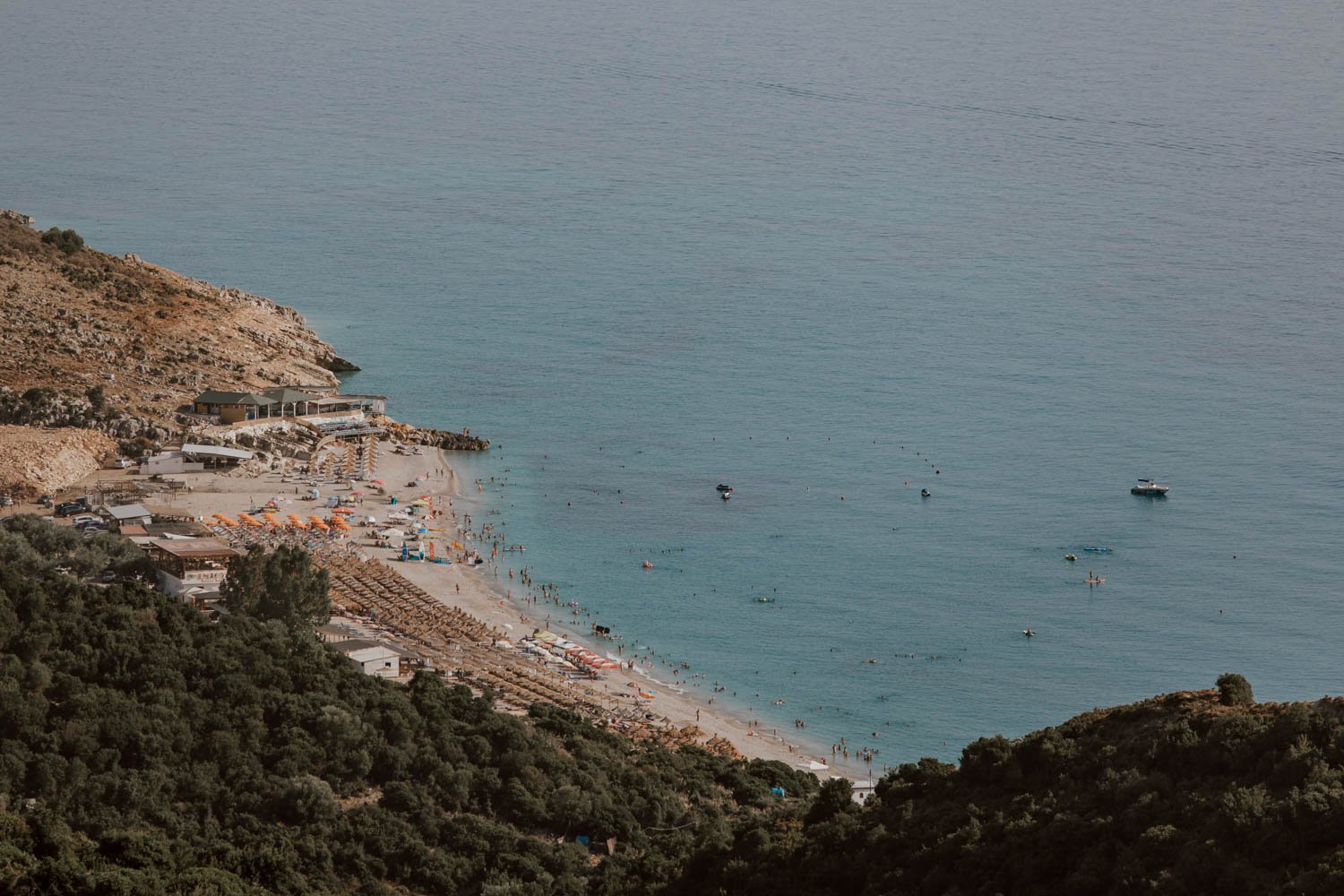The Rise & Fall of the Hermit Kingdom
Albania’s 20th century history is one of occupation, dramatic isolation, and ideological paranoia.
After centuries under Ottoman-imposed rule, the country declared independence in 1912. In the 1930s, it was first occupied by Fascist Italy, then Nazi Germany during World War Two. By 1944, a Communist resistance movement led by one-time teacher Enver Hoxha had seized power, establishing a hardline Marxist-Leninist regime that would soon become one of the most secretive states in the world.
In the Cold War decades that followed, an independent Albania managed to fall out with virtually all of its ideological allies. It severed ties with neighbouring Yugoslavia in 1948, broke with the Soviet Union in the early 1960s over Khrushchev’s reforms and critique of Stalin, and eventually abandoned its alliance with Maoist China.
By the late 1970s, Albania had become a pariah amongst the pariahs and a true European outlier. The sole remaining hardline Stalinist state, religion was outlawed, churches and mosques pulled down, private car ownership banned, dissent ruthlessly crushed, and the country bristled with over a hundred thousand concrete bunkers built to defend against invasions that never came.
Under the Hoxha’s dogmatic orthodoxy and separation branded as self-sufficiency, most Albanians lived their entire lives without leaving the country or meeting a foreigner.
It really is remarkable to think that all of this occurred just across the Adriatic from Italy and on a land border with Greece.
Following Hoxha’s death in 1985 and the disintegration of the Soviet Union, the regime clung on longer than most. After the first multi-party elections in decades, the rebranded Communist Party actually held onto power in 1991, but widespread unrest, strikes, an exodus of 300,000 to 400,000 citizens to elsewhere in Europe, and the country’s near-total economic collapse soon forced change. By 1992, the opposition Democratic Party had taken control, marking the end of decades of what was – effectively – North Korea on the Mediterranean.
If you’ve ever seen a certain glory-era episode of The Simpson’s, the character of Idil hopefully makes more sense now.
This unique 20th century story of occupation, ruthless isolation, ideological purity, and mass exodus did more than impoverish Albania and scatter its people; it laid the groundwork for the shadow economies and stereotypes more readily associates with the country today….
Click Here to Read the Full Original Article at Blog…
